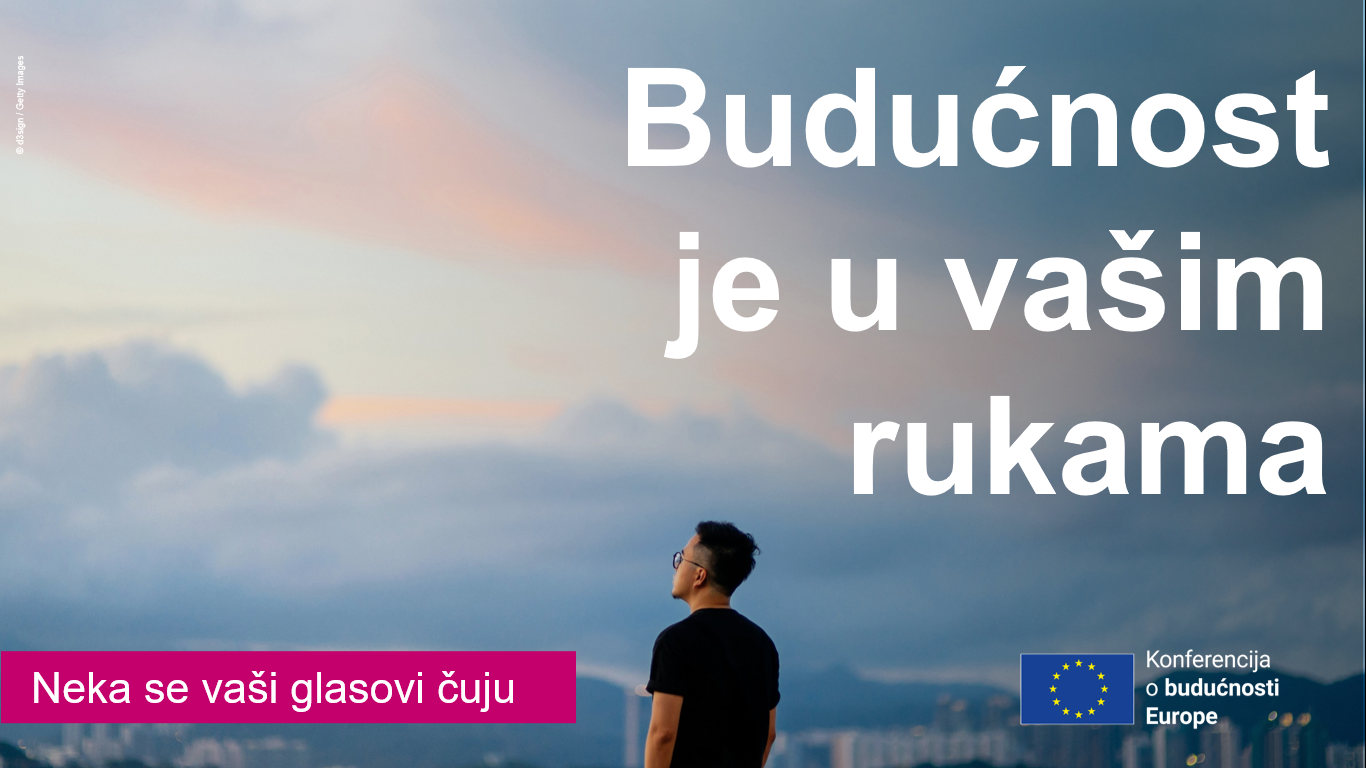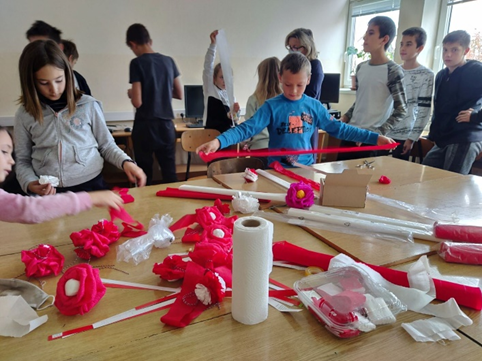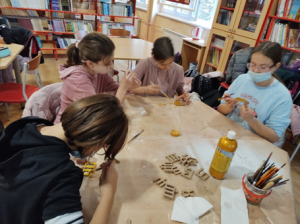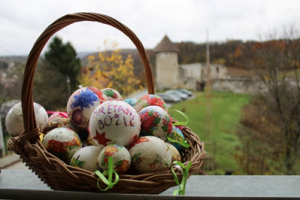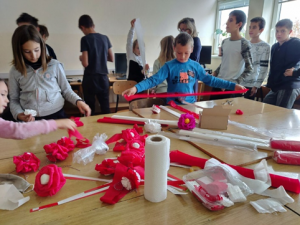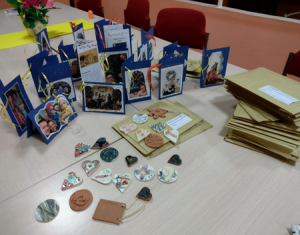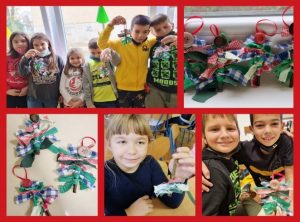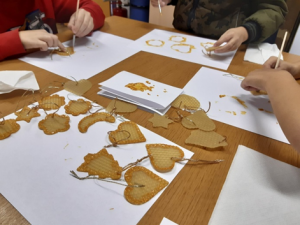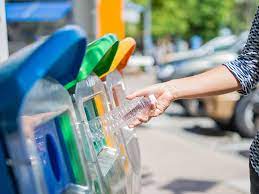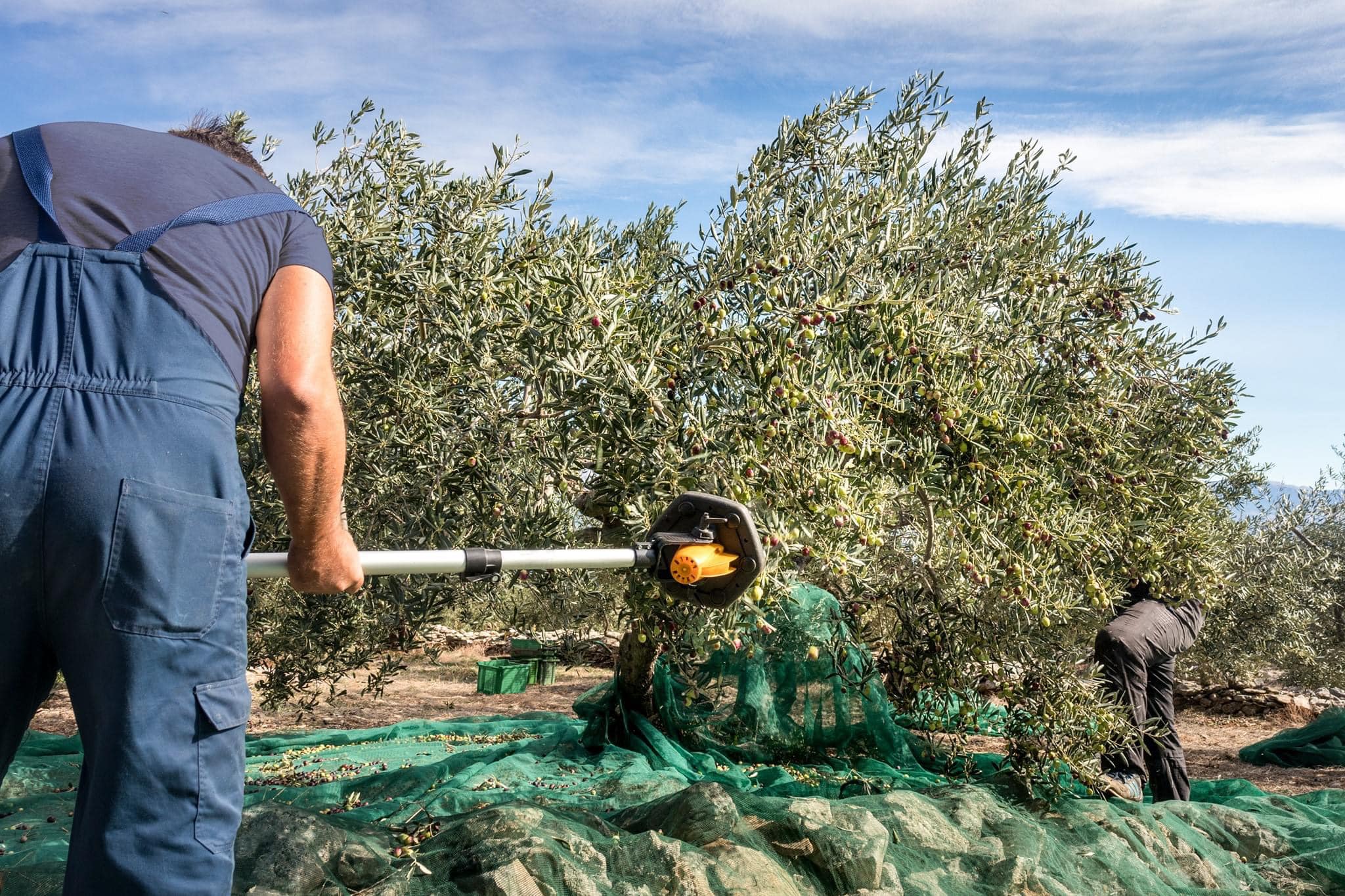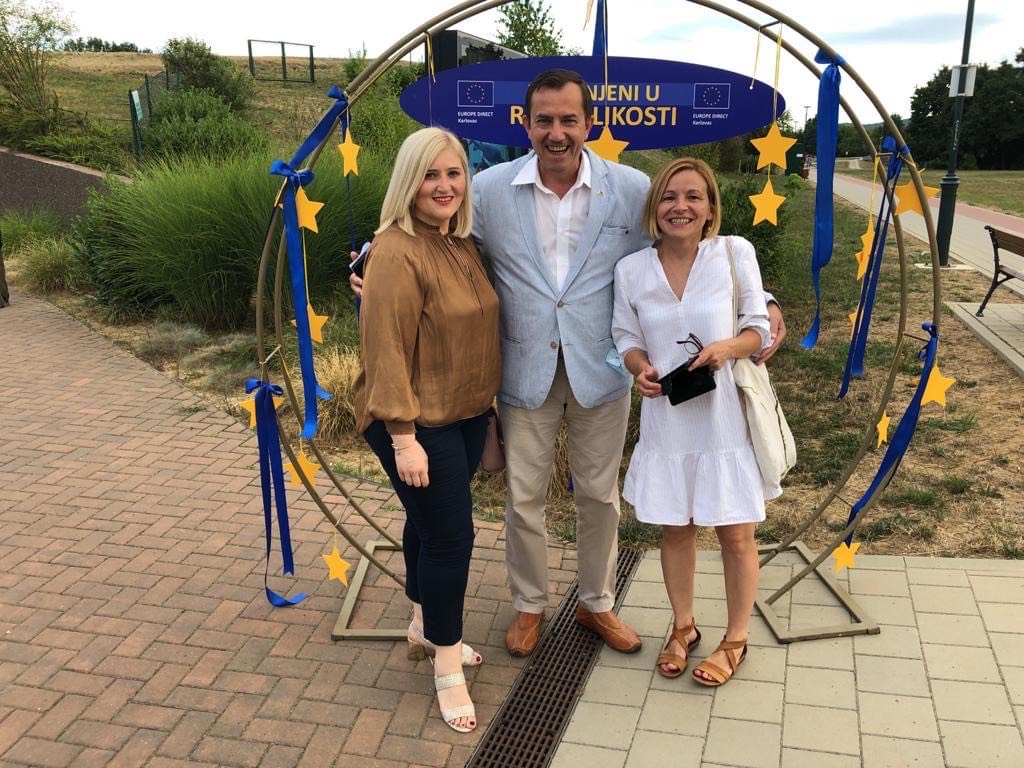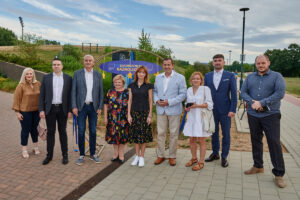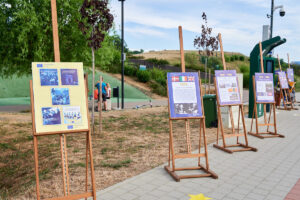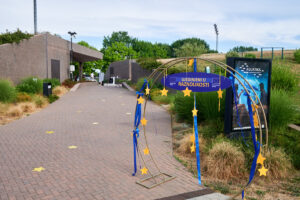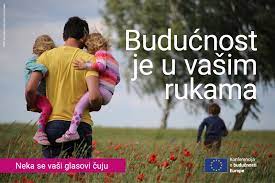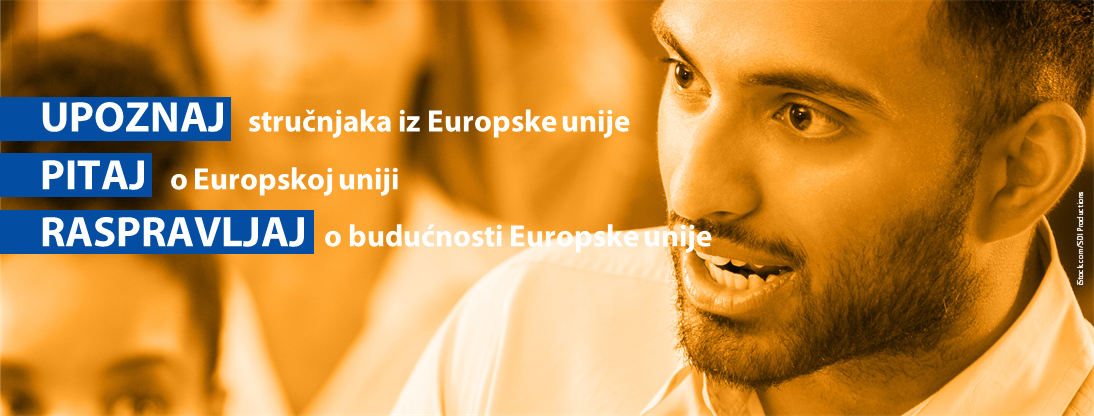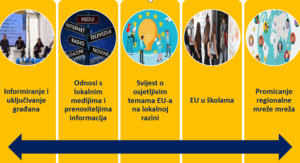On December 9th 2021 Europe Direct Karlovac, in cooperation with Carpe Diem Association and Gimnazija Karlovac, is organizing a debate on the topic "The future of the EU and the goals for young people - what is there for us?"
The Conference on the Future of Europe is a unique and timely opportunity for European citizens to debate on Europe’s challenges and priorities. No matter where you are from or what you do, this is the place to think about what future you want for the European Union.
Students, young audiences and representatives of EU institutions will discuss the importance of an inclusive society - volunteering, well-being and the impact on mental health - topics that are very much in focus; especially because of the consequences of the pandemic. They will also discuss the relevance of youth organizations, but also EU programs - how to encourage young people to be better informed about all the opportunities offered to them through EU programs and youth organizations and what may be their role in shaping the future of the European Union.
The discussion will be of a combined type - online and live, taking into account epidemiological measures.
For particpating in the discussion, please register in the following adress: europedirectkarlovac@ra-kazup.hr before 8.12.2021
More information about the discussion is available at the following link: https://futureu.europa.eu/processes/Education/f/37/meetings/90586?locale=en
